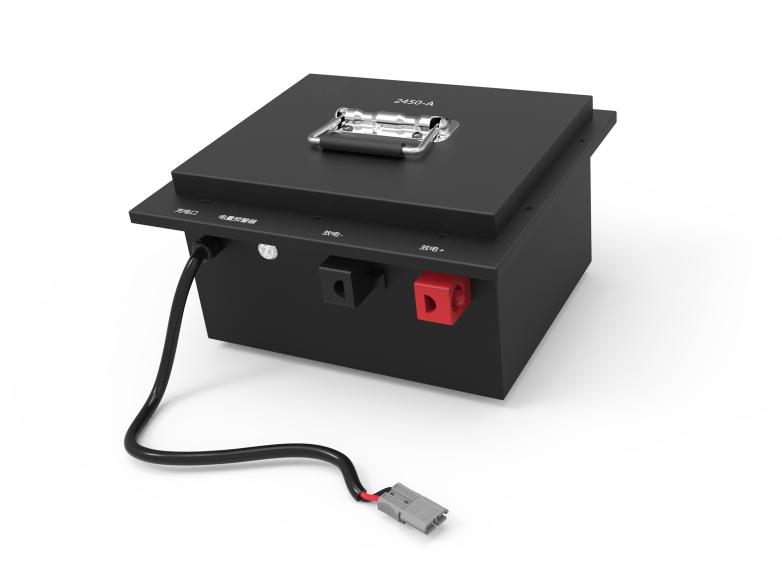- 09
- Nov
New progress in self heating and fast charging electric vehicle batteries
the electric vehicle self heating fast charging battery developed by the electrochemical power center of Pennsylvania State University and the National Engineering Laboratory of electric vehicles of Beijing University of technology made new progress. Its results were published in the international academic journal Journal Journal of the National Academy of Sciences. Generally, when the temperature of traditional electric vehicle lithium-ion battery is lower than 10 ℃, the lithium ions in the battery will accumulate and deposit at the carbon cathode, resulting in longer charging time and attenuation of battery capacity.

This research result can realize 15 minutes of charging each time at 0 ℃, ensure 4500 cycles and only 20% capacity attenuation. Under the same conditions, the traditional lithium-ion battery will have 20% capacity attenuation after 50 cycles. It is understood that this new lithium-ion battery adds a layer of thin nickel sheet and temperature sensing device on the basis of the traditional lithium-ion battery to ensure that electrons can form a path through the nickel sheet when the battery temperature is lower than room temperature. Through the resistance thermal effect of metal nickel, the current can heat the thin nickel sheet. Once the battery temperature rises, it will automatically start the electrode reaction of lithium-ion battery and restore normal charge and discharge energy supply. The researchers said that the current test prototype can provide improved ideas for lithium-ion battery manufacturers to use electric vehicles without being affected by external temperature even in cold areas.
